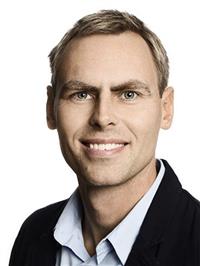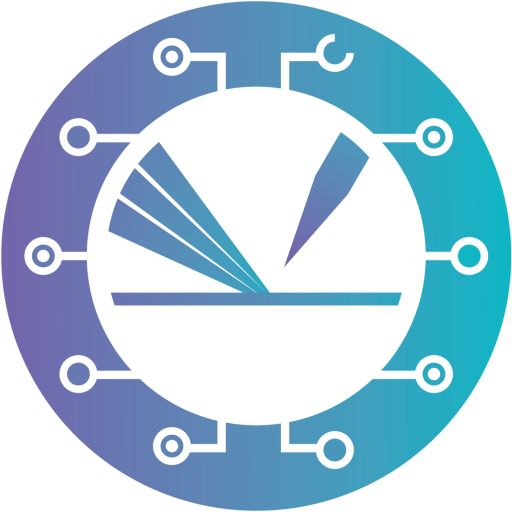Kristian Sommer Thygesen
Computational Atomic-scale Materials Design
Department of Physics, Technical University of Denmark (DTU)
Monday, 17 April 2023,17:15 s.t.
The talk will be given in hybrid mode.
You can join at:
Freihaus Hörsaal 7 (HS 7)
TU Freihaus, Yellow Area, 2nd floor
Wiedner Hauptstraße 8, 1040 Vienna
Or you can join the zoom meeting:
https://tuwien.zoom.us/j/92739417554?pwd=MlFkNjJxUjFkUUhPaUJmZ0ZnMjVOZz09
Meeting ID: 927 3941 7554 Passcode: X74b82XE

Data-Driven Materials Design
Automated workflows for data generation and -exploitation (supervised and unsupervised) have long been employed in fields like bio-chemistry and drug discovery, but are only now making their way into materials science. I will begin this talk by introducing the Atomic Simulation Recipes (ASR) – an open source Python framework for constructing and executing materials simulation workflows [1, 2]. Next, I will give some examples of its use in materials design studies including the search for indirect band gap semiconductors for thin-film photovoltaics [3] and the Computational 2D Materials Database (C2DB), which contains calculated properties of several thousand 2D materials in monolayer and bilayer form [4]. Finally, I will discuss how deep generative models can help to suggest new types of materials by learning the patterns in known data sets of stable materials [5]. If time allows, I will discuss machine learning of GW band structures from descriptors encoding the electronic structure of standard DFT calculations [6].
Bio of Kristian Sommer Thygesen
Prof. Kristian Sommer Thygesen earned his Ph.D. from the Technical University of Denmark (DTU) in 2005. He did a postdoc at FU Berlin in 2005 and 2006, before returning to DTU as an assistant professor in 2006. Further career steps at DTU included a promotion to associate professor (2009) and full professor (2013). According to his website, his group develops first-principles methods for the description of ground- and excited-state properties of materials and uses them to model and design materials for application within sustainable energy (photo-catalysis and photovoltaics) and nano (opto)-electronics. To date, Kristian Sommer Thygesen has published more than 200 journal articles.
